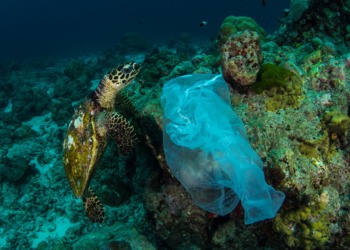Editor’s Note: This is the introduction to the SDG 16 Progress Report by the Institute of Economics and Peace. The full report may be found here.
Sustainable Development Goal 16 is dedicated to the promotion of peaceful and inclusive societies for sustainable development, the provision of access to justice for all and building effective, accountable institutions at all levels. The goal is the outcome of the international community’s acknowledgement that peace is fundamental to development. Adoption of Goal 16 was hauled by the international peace community as a great achievement as the previous set of targets, the Millennium Development Goals (MDGs), did not encompass violence and conflict.
Through Goal 16, the SDGs recognise the long reaching consequences of conflict and violence on development outcomes. Higher levels of violence greatly affect economic development by reducing foreign direct investment and the broader macroeconomic environment. This affects poverty, life expectancy and education outcomes, as well as indicators which are essential for longer-term development like infant mortality and access to services. Everyday interpersonal violence which SDG16 also measures, affects all countries and has detrimental social and economic impacts. Even in high-income countries interpersonal violence severely impacts human well-being and socio-economic progress. This underscores the universality of the goal and its applicability to all other SDGs.
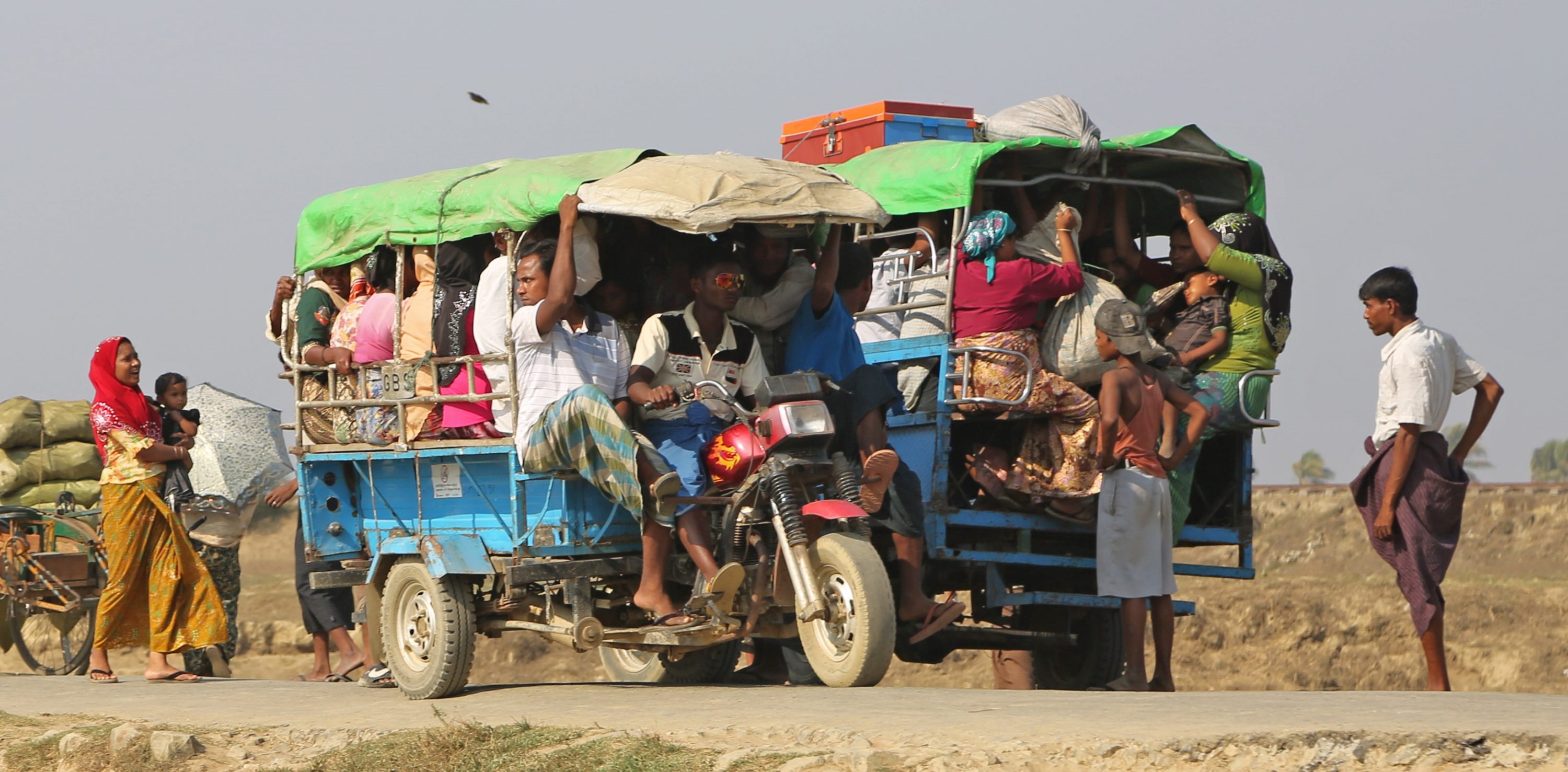
Photo Credit: Myanmar, Institute for Economics & Peace
For nations affected by armed conflict, there is also the concept of a conflict trap, whereby the impact of conflict further increases the risk factors associated with conflict. Low socio-economic development can support the conditions for violence, but it is also a consequence of violence. The two are mutually effective, forming either a virtuous cycle of improvement or a vicious cycle of degeneration. Countries with weak institutions are much more vulnerable to conflict as they do not have an effective means for conflict resolution. Losses from armed conflict in 2016 were estimated by the Institute for Economics & Peace to be nearly US$1,004 billion in PPP terms.
Given the goal is so important and that we just celebrated the International Day of Peace while Member States at the United Nations General Assembly are discussing progress in peace and development, it is fair to ask, “how are we progressing towards the achievement of Goal 16?”
Analysis by the Institute for Economics and Peace finds that, not surprisingly, there are numerous methodological issues, political challenges, as well as practical and implementation issues around data collection and statistical capacity that if not addressed may undermine the achievement of the goal. At this stage, globally comparable data is either not available or only gathered for a limited number of countries for many indicators and countries.
- Eight of the 22 indicators of Goal 16 have data for less than 50 percent of countries.
- Only seven indicators have data for more than 90 percent of countries.
- Some of the most important indicators capturing violence against children, sexual violence, and under-reporting of violence are comparable for less than 40 percent of countries.
Currently, there is not enough official data or statistical capacity available at the national level to properly measure SDG16 in a cross-country comparable way. Many countries covering a significant proportion of the global population do not have the required data to understand whether their citizens have access to justice and strong institutions or live in peaceful contexts. This means secondary sources or what are unofficial sources at the moment will, in many cases, be important to fully measure SDG16 in a comparable way across the world. It also means composite measures like the Global Peace Index (GPI) and Positive Peace Index (PPI) that are independently and rigorously developed, will remain important global barometers of progress toward peace.
The two are mutually effective, forming either a virtuous cycle of improvement or a vicious cycle of degeneration.
Having a clear understanding of the state of available data and how countries are performing is integral to developing the policies and interventions necessary for improving not just the measurements for SDG16, but also the outcomes for peace, justice and strong institutions. The development and use of harmonized data to compare different countries on the same measures will be critical to hold countries to account and also help direct resources to where they are needed most.
 Photo Credit: Uganda, Institute for Economics & Peace
Photo Credit: Uganda, Institute for Economics & Peace
Whilst national statistical offices (NSOs) will be responsible for gathering the official data that will be recognized by the UN, in practice, it will take many years for them to build the necessary capabilities. This will also require a sustained financial investment, as well as the necessary knowledge transfer and training. Third-party data and reporting like the GPI and PPI will also be vital in providing an important benchmark against which to gauge progress and to independently audit NSOs data.
In many respects, SDG16 is the most ambitious goal of the SDGs and faces unique practical challenges in its measurement and implementation. It has also been described as an enabling or transformative goal, in so much as that many of the other SDGs will be easier to achieve by improving SDG16. But without better quality data, it will not be possible to properly report on the goal and understand if countries are moving in the right direction.
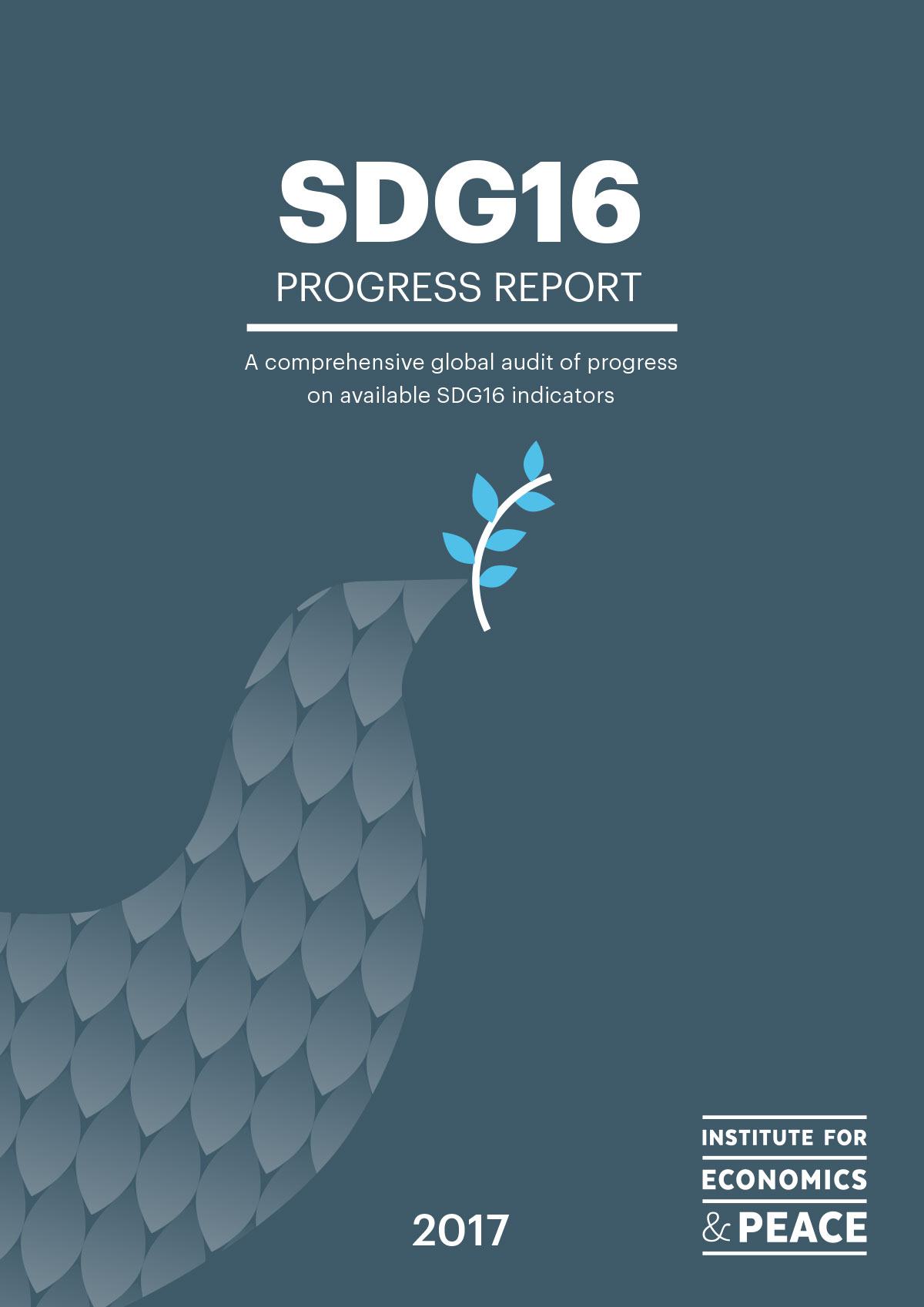
To read the full report and to access data for each one of the countries and monitor their progress towards achieving higher levels of peace visit www.visionofhumnity.org.


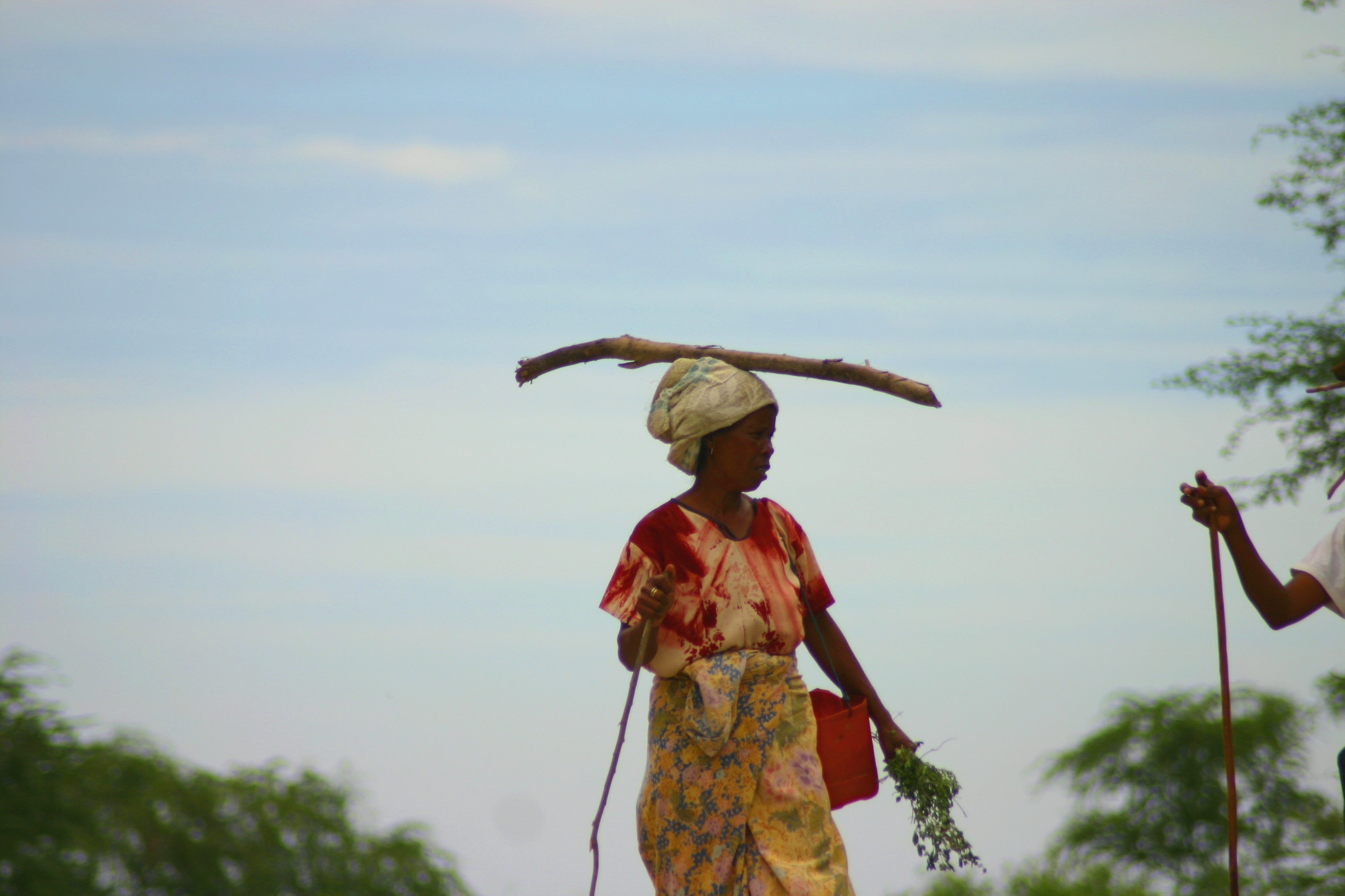
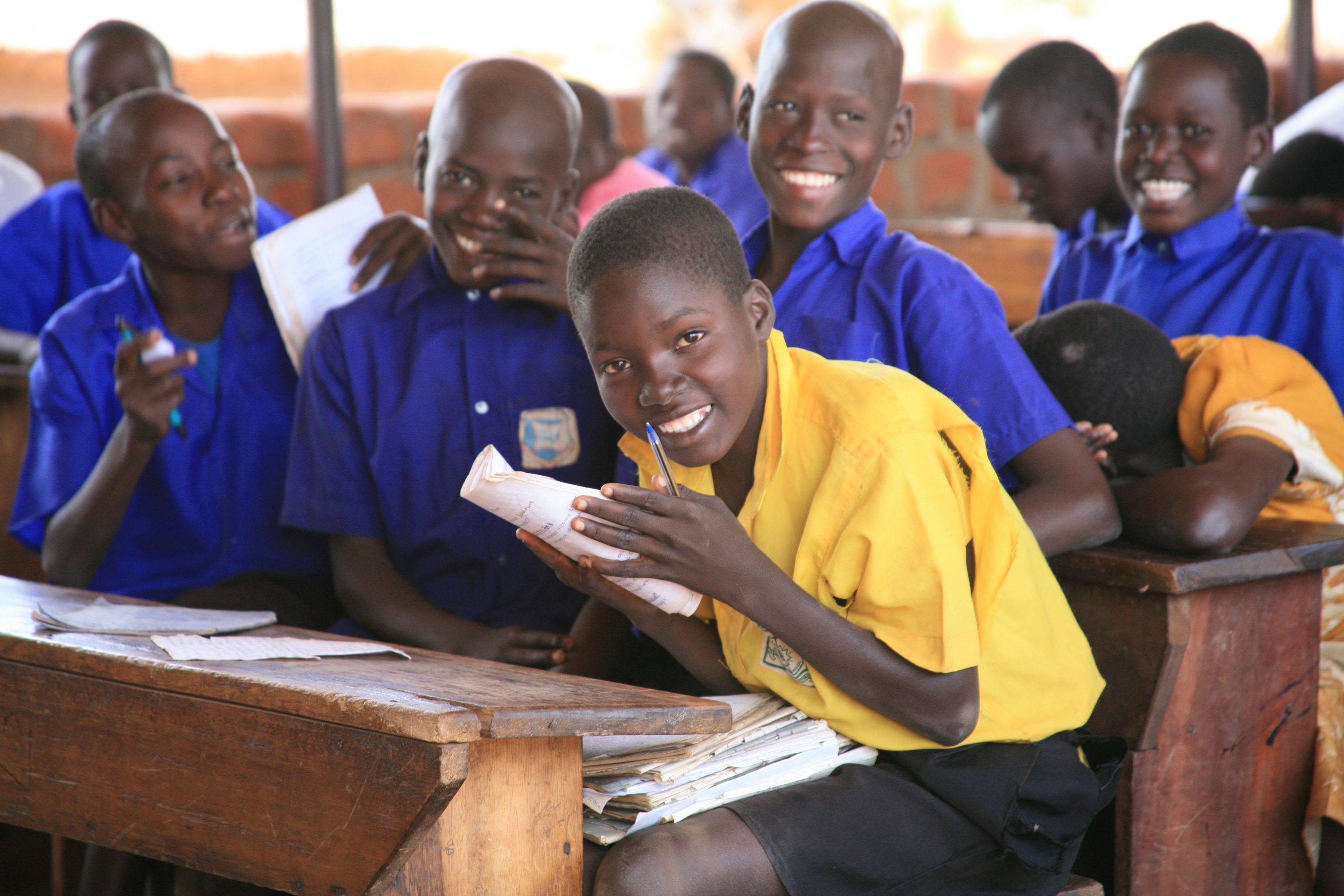 Photo Credit: Uganda, Institute for Economics & Peace
Photo Credit: Uganda, Institute for Economics & Peace
